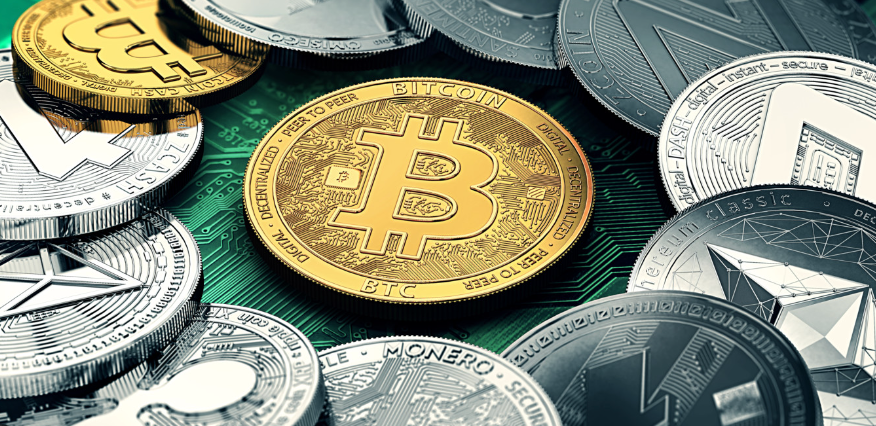$BTC #Bitcoin #Inflation #InterestRates #Cryptocurrency #USInflation #FederalReserve #Investing #Finance #EconomicData #MarketTrends
Why is Bitcoin Stable at $114K Amid a 2.9% Spike in US Inflation? Discover the Impact!
In the latest turn of events, Bitcoin continues to hold its ground, trading near $114K despite a 2.9% rise in U.S. inflation rates. This stability has piqued the interest of investors and analysts alike, leading to a flurry of discussions around the resilience of cryptocurrencies in volatile economic climates.
Understanding the Interplay Between Inflation and Bitcoin Prices
As the U.S. Bureau of Labor Statistics reports a 0.4% increase in monthly inflation, the conventional expectation would be a bearish downturn for high-risk assets like Bitcoin. However, the cryptocurrency has defied odds by maintaining its price level. This anomaly can be attributed to several factors that cushion Bitcoin against typical market reactions.
Firstly, inflation often triggers the anticipation of interest rate hikes. Yet, investors are tempering their expectations for an aggressive easing of rates in the near future. This environment creates a less aggressive shift in monetary policy, which can be favorable for assets like Bitcoin that thrive in low-interest rate scenarios.
Moreover, the inherent qualities of Bitcoin as a decentralized asset free from government control render it an attractive hedge against inflation. As fiat currencies face devaluation, Bitcoin’s appeal increases, potentially explaining its current price stability.
Exploring the Broader Economic Context
To further understand this phenomenon, it is crucial to consider the broader economic landscape. The crypto market is not isolated from global economic pressures but is increasingly influenced by them. For instance, geopolitical tensions and economic uncertainties play a significant role in shaping investor behavior towards cryptocurrencies.
Strategic Decisions by Crypto Investors
Given this backdrop, savvy investors might be viewing Bitcoin as a safer asset amid uncertain economic forecasts. The strategic shift towards holding Bitcoin, rather than selling during high inflation, suggests a maturation in investor approach towards cryptocurrency. This behavior underscores a broader trend of Bitcoin gradually becoming integrated into the mainstream financial narrative as a legitimate and stable investment option.
What Does This Mean for Future Investments?
This current stability presents a dual-edged sword. On one hand, it provides a safe haven for investors looking to escape the volatility of traditional markets. On the other, it challenges the perception of Bitcoin as merely a speculative asset, proposing it instead as a permanent fixture in diversified investment portfolios.
As we move forward, the key question for investors will be whether Bitcoin can continue to offer stability and reliability as a store of value amidst fluctuating economic conditions. The answer to this could reshape investment strategies and influence the broader acceptance of cryptocurrencies in financial systems.
Conclusion: Navigating Through Economic Uncertainties with Bitcoin
The resilience of Bitcoin amidst rising U.S. inflation is a testament to its growing acceptance and potential as a stable financial asset. Investors and market spectators will do well to keep a close eye on these trends, as they could herald significant shifts in both cryptocurrency markets and traditional financial systems.
For more insights into the dynamic world of cryptocurrencies, including detailed analyses and the latest bitcoin news, stay tuned to our dedicated crypto section. Understanding these patterns will not only enhance investment strategies but also pave the way for informed financial decisions in a digital age.







Comments are closed.